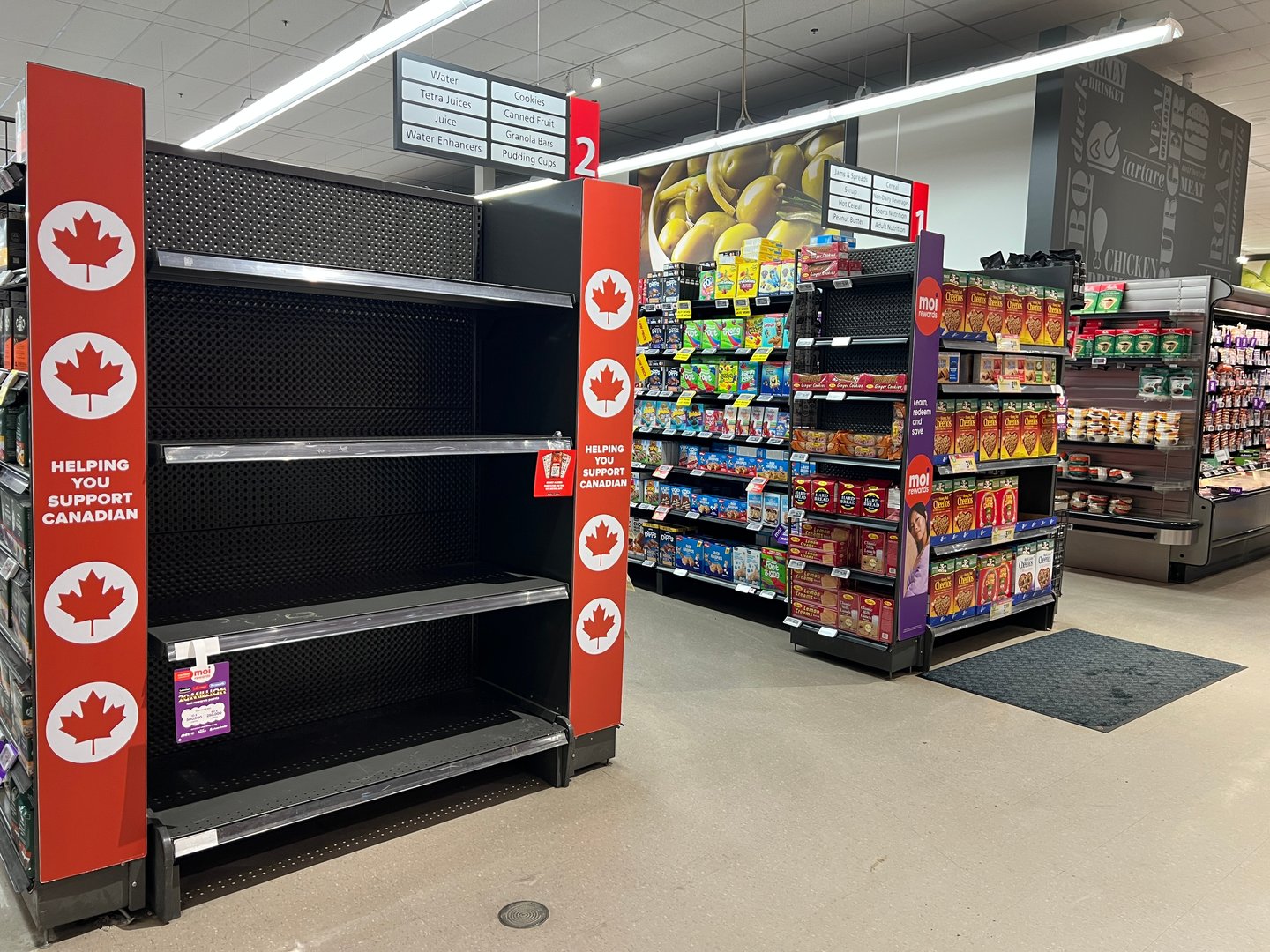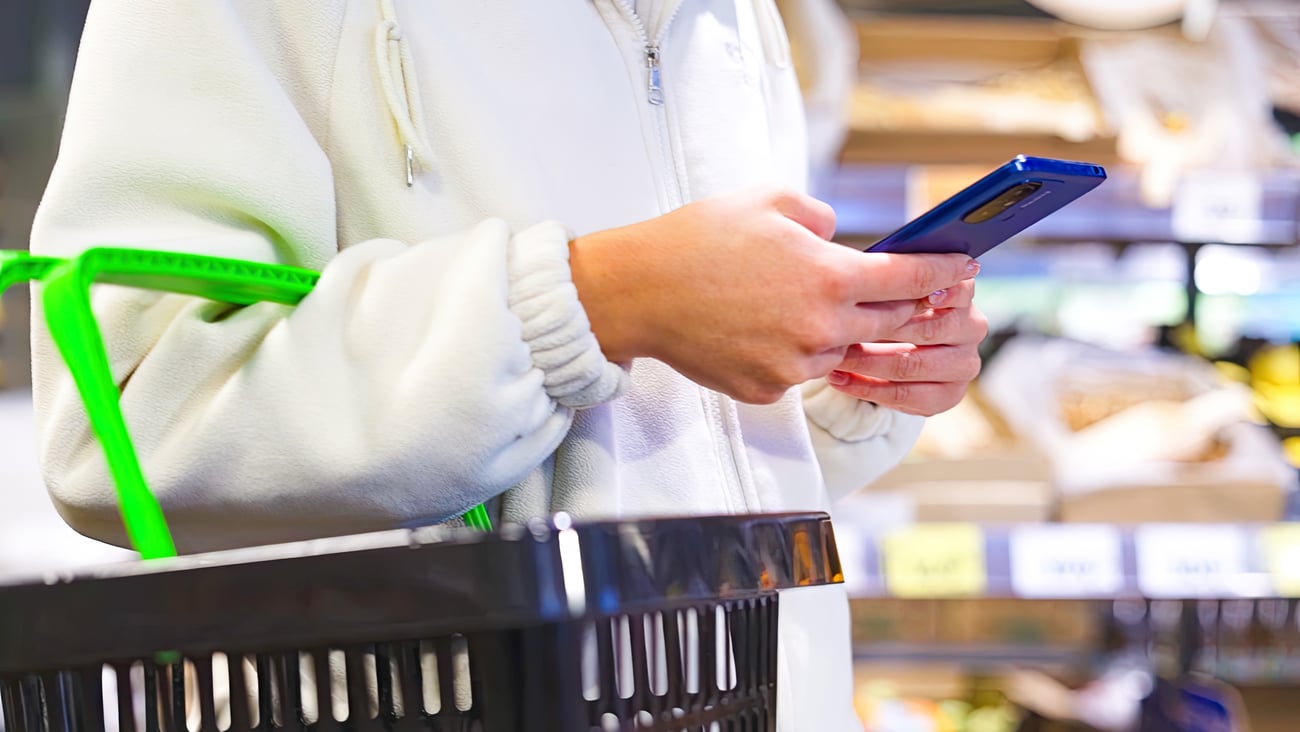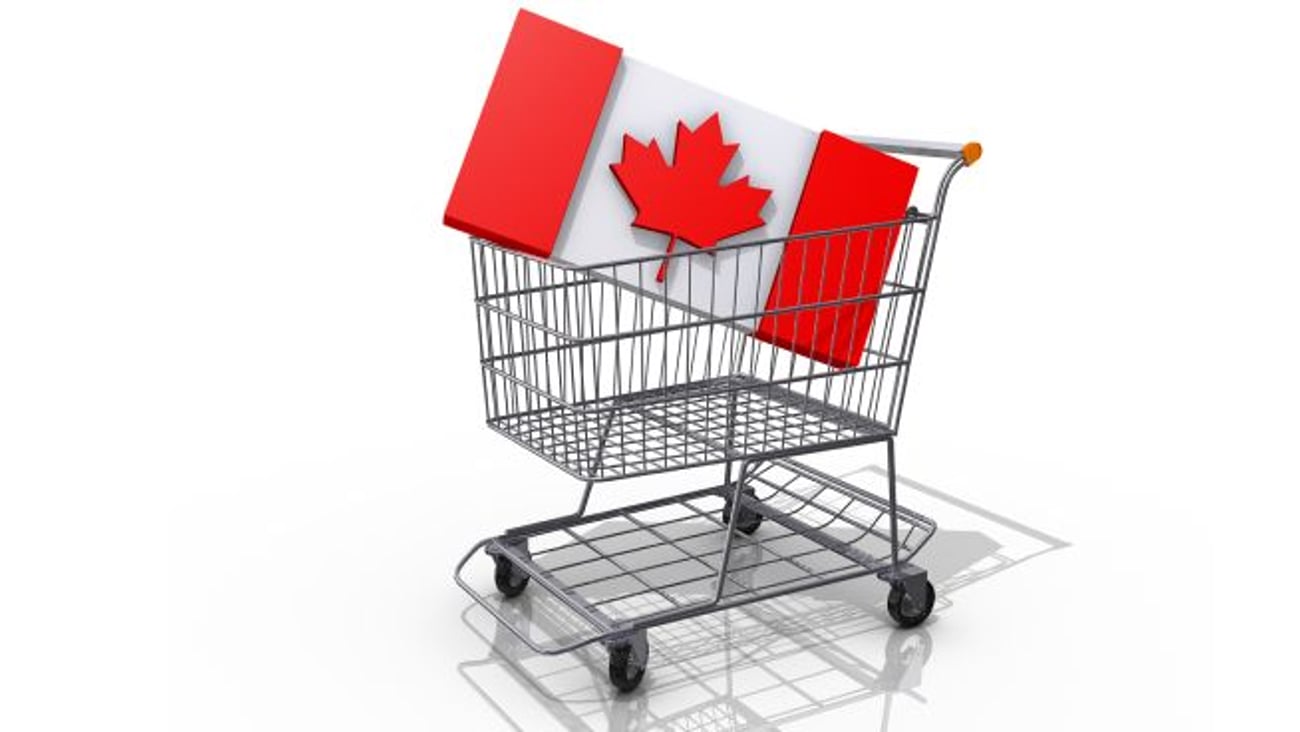Why some food boycotts work—and most don’t
While government action has its limits, Canadian consumers have taken matters into their own hands—one grocery trip at a time. Amid ongoing trade tensions with the United States, evidence is mounting that Canadians are increasingly favouring domestic food products. For the foreseeable future, many are deliberately avoiding American brands. This is not just a trend—it’s a grassroots boycott.
Food industry boycotts are notoriously hit-or-miss. Some fade quickly with little impact. Others—like the current anti-American consumer shift—can lead to significant market disruption. What we’re seeing now is rare: a swift, widespread de-Americanization of Canadian grocery shelves.
READ: From boycotts to 'Buy Canadian,' it's been a turbulent year for the grocery industry
Retailers have acknowledged the change. Loblaw this week and Metro last week noted that Canadian-made product sales are now surpassing imports—although hard data is scarce. What’s notable is the pace of the shift. Within weeks, grocers recalibrated their sourcing strategies, seeking alternatives to U.S. suppliers, even in categories constrained by winter logistics. The speed and scale of this consumer-led adjustment caught many in the industry off guard.
By contrast, the Reddit-driven Loblaw boycott has been ineffective. Despite high-profile calls for a consumer revolt, Loblaw’s revenues have grown by nearly 3% year-over-year, profits are up, and shares have risen more than 25% since the boycott began on May 1. All performance indicators are ahead of sector averages. The digital protest continues, but the economic data tells a different story: consumers are back.
Why did one boycott fail while the other gained traction? Credibility. The Loblaw boycott hinged on claims of price gouging—but without clear evidence. Grocers’ gross margins remained stable, and in many periods, food sales growth actually lagged inflation. A rise in gross margin would have indicated profiteering; its absence suggests otherwise. Moreover, grocers generate significant income from non-food goods and services—a nuance often lost in online discourse.
The anti-American movement, however, taps into something more visceral. Political rhetoric from former President Donald Trump—frequently hostile toward Canada—has created a lingering emotional undercurrent. This is Canada’s “Wall moment,” echoing the consumer backlash seen in Mexico when Trump demanded they pay for a border wall in 2016. In Canada, the response is unfolding in grocery stores.
That said, food patriotism is inherently temporary. With the U.S. election now over and political tensions likely to ease, emotional motivations will weaken. If Canadian goods become less price-competitive, economic pragmatism will again outweigh patriotic sentiment. The wallet, ultimately, trumps emotion.
READ: Costco leads in reputation, but tariffs beginning to sour Canadians’ stance on U.S. retailers
This creates both a challenge and an opportunity. Canadian food processors and retailers should not rely on anti-American sentiment to drive growth. Instead, they must compete on quality, value, and trust. This moment should be used to build lasting loyalty—not through fear, but through performance.
Removing interprovincial trade barriers would help. It would force domestic firms to compete more openly, drive down costs, and enhance consumer choice. Such reforms could turn short-term patriotism into long-term preference, making Canadian food more affordable, more available, and more attractive.
Canada has some of the most respected food producers in the world. But sustained growth will come not from political backlash, but from strategic reform and consistent value delivery. The "Orange Man Bad" effect may fade, but the case for buying Canadian can endure—if we make it on the right terms.






